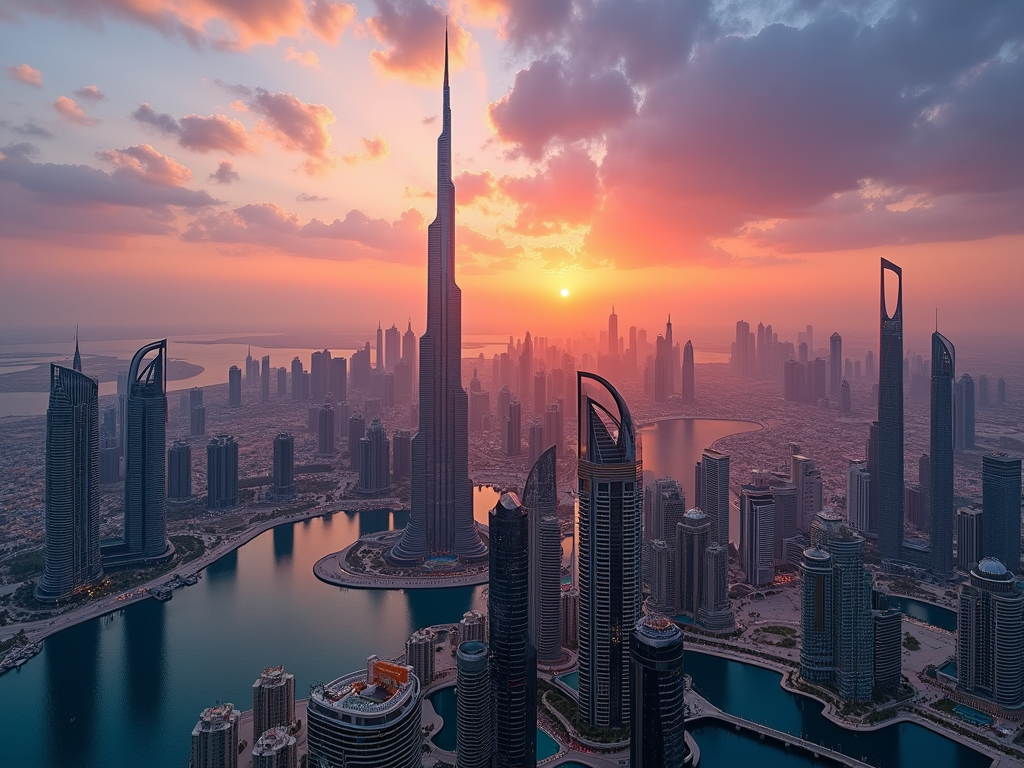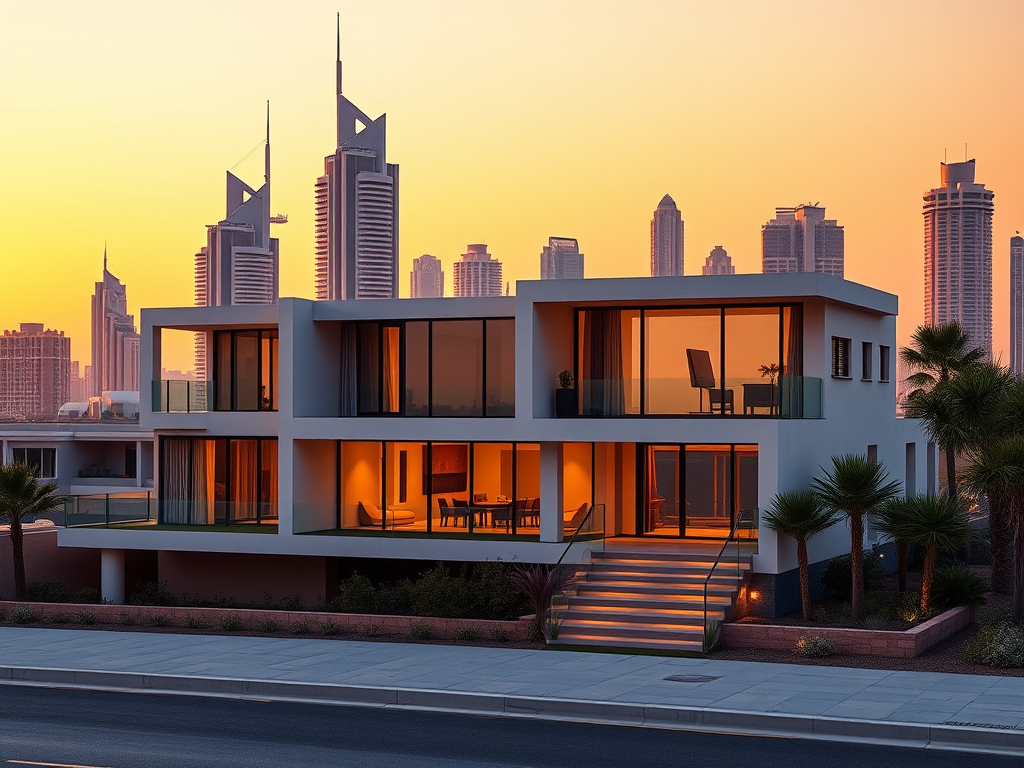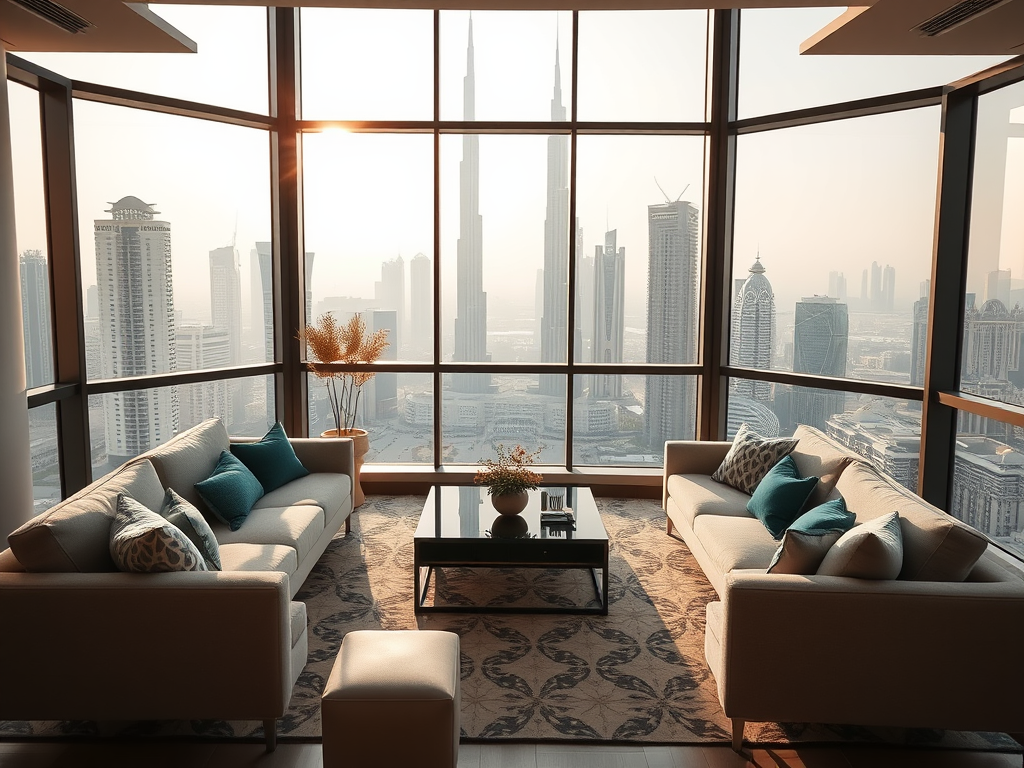Dubai’s real estate market is experiencing a surge in demand, driven significantly by global events. These occurrences—ranging from international expos to sporting competitions—serve as catalysts that spotlight the city, enhancing its attractiveness to investors and buyers alike. By hosting globally recognized events, Dubai amplifies its visibility, thus creating opportunities within the real estate sector. The city’s status as a global hub invites lucrative investments, boosts tourism, and elevates property values. Ultimately, these dynamics contribute to a robust and dynamic real estate market that continues to thrive amid the fluctuations of global economies.
The Impact of Major Events on Property Demand
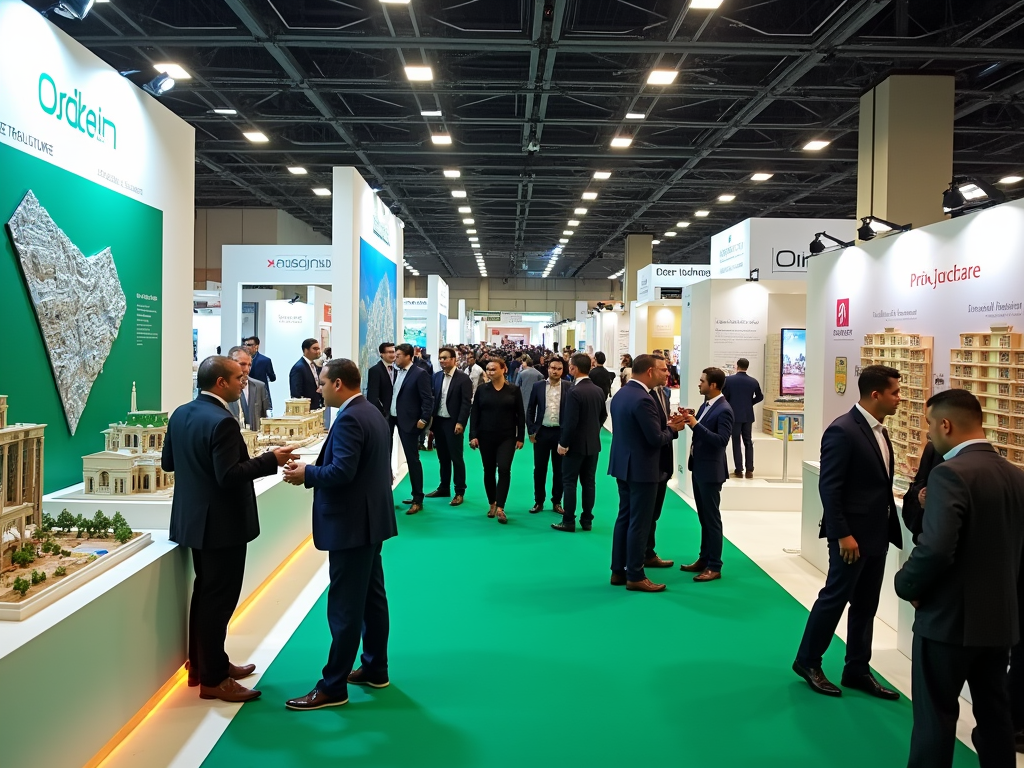
One of the most prominent ways global events impact Dubai’s real estate market is through increased property demand. When large-scale events take place, such as the Expo 2020 and Formula 1 Grand Prix, they attract significant global attention and tourism. This spike in visitors creates a necessary demand for accommodations, commercial spaces, and residential properties. As businesses look to capitalize on this influx, they often search for real estate to establish a physical presence, which further fuels the market. Additionally, investment opportunities in the hospitality sector experience growth as property developers rush to meet the rising needs. In essence, real estate becomes a vital instrument in facilitating the success of these events.
Sustained Interest from International Investors
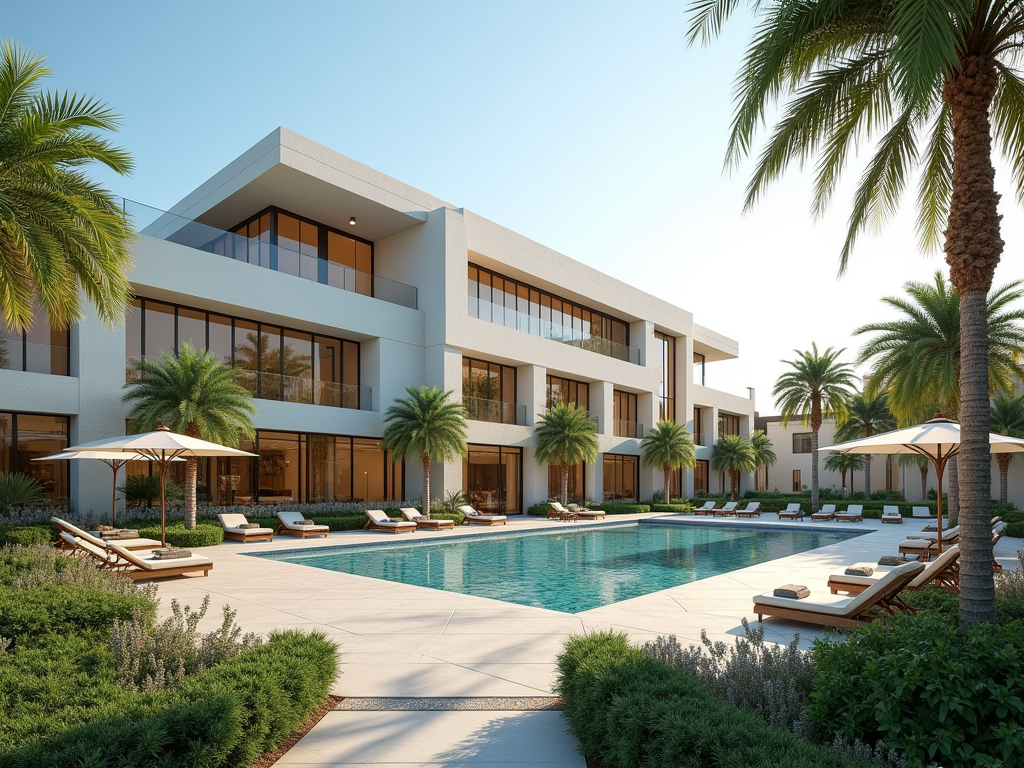
Global events not only generate immediate interest but also foster long-term interest from international investors. Dubai’s strategic positioning attracts foreign investors, who are keen to capitalize on the city’s emerging opportunities. They recognize Dubai as a stable market with potential returns on investment, particularly in high-demand areas surrounding major event venues. Investors tend to explore opportunities in:
- Luxury residential developments
- Commercial properties
- Short-term rental markets
- Hospitality and entertainment venues
This sustained interest leads to an influx of capital investment, which accelerates growth and innovation within the local real estate sector. Consequently, real estate prices may also rise, enhancing the overall economic health of the city.
Improving Infrastructure and Urban Development
Major global events often come with a substantial investment in infrastructure and urban development. To accommodate the influx of visitors and participants, the government and private sectors collaborate to enhance transport links, public amenities, and urban landscapes. Here are some significant advancements:
- Transportation Upgrades: New metro lines, improved airport facilities, and upgraded road networks make travel smoother.
- Public Amenities: Enhanced public parks, recreational facilities, and community spaces improve the overall living experience.
- Smart City Initiatives: Integration of advanced technology in real estate, such as smart homes and energy-efficient buildings.
Such developments not only make Dubai more attractive for events but also enhance its appeal as a desirable city to live and invest in, further reinforcing the robustness of its real estate market.
Tourism plays a critical role in the relationship between global events and the real estate market. When international events unfold, tourism surges, leading to full occupancy rates in hotels and short-term rentals. This demand creates opportunities for property owners and investors in several ways:
- Greater rental yields for property owners
- Increased interest in luxury accommodation investment
- Development of tourism-focused commercial properties
The rising tourism figures contribute to a financially thriving ecosystem for real estate, making it an integral part of the city’s economy. Consequently, the sustained interest in Dubai as a prime tourist destination bolsters the attractiveness of its real estate investments.
Conclusion
Dubai’s real estate market continues to benefit significantly from global events, resulting in heightened demand, sustained investor interest, improved infrastructure, and increased tourism. The interplay between these aspects creates a vibrant and dynamic property landscape that thrives on the city’s global engagement. As Dubai positions itself as a world-class destination and event hub, the real estate market is poised for continuous growth and evolution. It’s clear that with each international event, the opportunities for Dubai’s real estate sector expand, promising a prosperous future ahead.
Frequently Asked Questions
1. What types of global events impact Dubai’s real estate market the most?
Major international exhibitions, sporting events, trade shows, and cultural festivals significantly impact Dubai’s real estate market by increasing tourist footfall and investor interest.
2. How does increased tourism affect property values in Dubai?
Increased tourism often leads to higher demand for both residential and commercial properties, contributing to an appreciation in property values over time.
3. Are there specific areas in Dubai that benefit more from global events?
Areas surrounding event venues, such as Downtown Dubai and Dubai Marina, typically experience more pronounced benefits, including rising property values and rental demand.
4. How does the government support the real estate sector during global events?
The government often invests in infrastructure improvements, streamlining regulations, and creating incentives for developers, enhancing the city’s attractiveness for investors.
5. Can investment in Dubai’s real estate market lead to long-term financial gains?
Yes, investing in Dubai’s real estate market can provide substantial long-term financial gains, thanks to rising property values, rental yields, and ongoing development projects.
